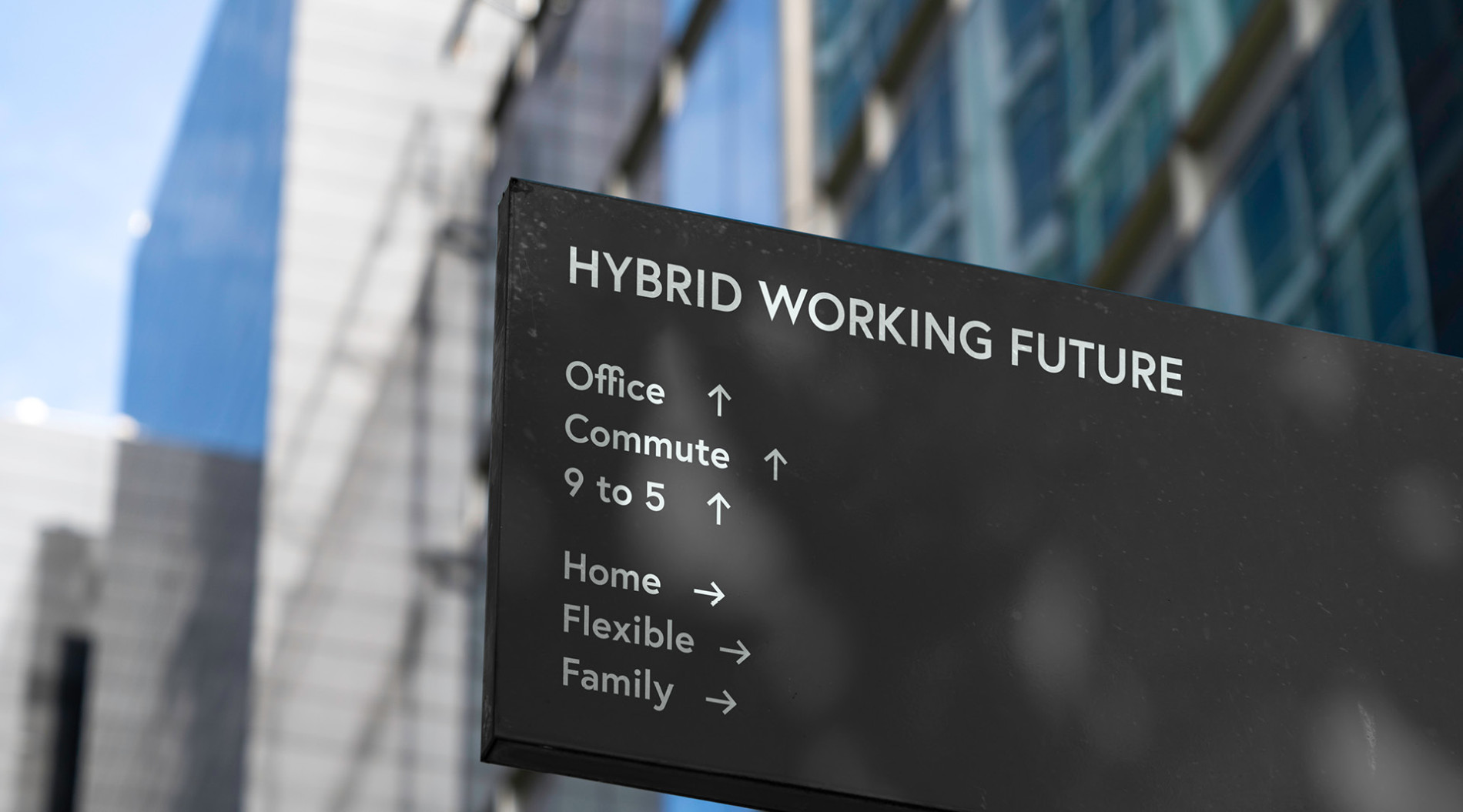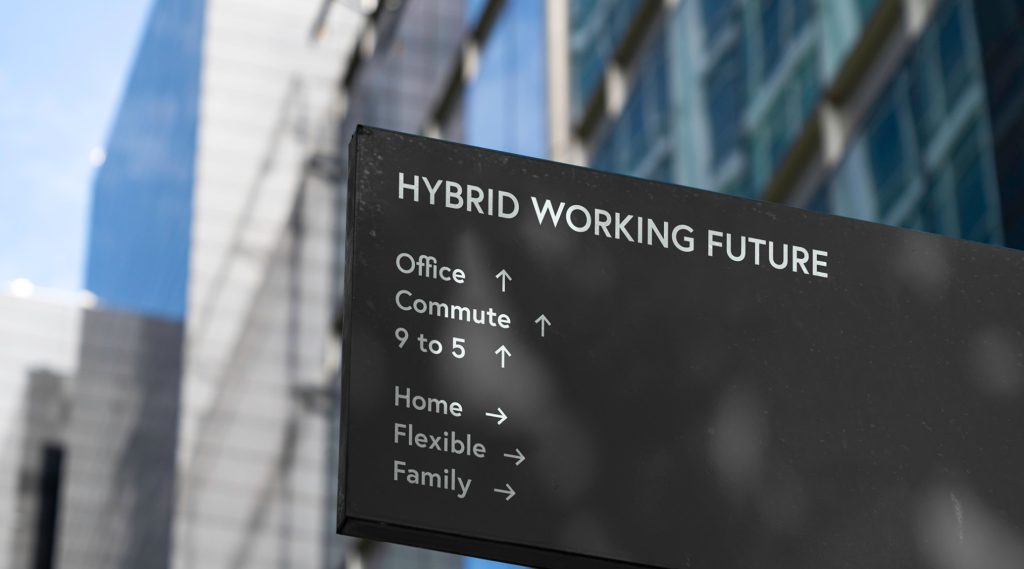Diversity is a Differentiator
In the changing world of work, a diverse workforce is a differentiator, boosting business performance and competitiveness.
Finding diverse talent in a skill-short market can be a challenge. Now is the best time to broaden your search and look for ways to attract diverse talent pools.
A recent research conducted by McKinsey found that companies in the top quartile for gender or racial and ethnic diversity are more likely to have financial returns above their national industry medians.
New research makes it increasingly clear that companies with more diverse workforces perform better financially
When taking a diverse approach to your hiring decisions, more people will be empowered and (re)activated in the labour force, contributing to the overall growth and sustainability of society.
There are many pools of talent available to business and all areas should be explored. Diversity in age, culture, work experience and gender are just some areas that immediately spring to mind and give you a starting point.
49 per cent of the Australian population has either been born overseas or has one or both parents who have been born overseas. With over 300 separately identified languages spoken, more than 21 per cent of Australians speak a language other than English at home*.
*2016 National Census
If you are an Australian business – does your workforce represent this diversity? If not, you need to start asking yourself why
Conducting a talent audit of your business will allow you to understand where your business is currently positioned on the diversity scale. It will highlight any areas which may be lacking in terms of diversity or highlight if your business is already diverse in its workforce.
However, diversity is one thing, it is also important to make your workplace inclusive. Unless you make changes to policies and procedures and workplace culture, diversity will not thrive and so the two really need to go hand in hand.
Inclusivity in the workplace in a practical sense can be different depending on your business structure and sector, however overall it is the way in which your business operates to ensure all employees are available to be who they are. This may include increasing flexibility to allow traditions and customs be observed that are outside of traditional public holidays and days of observance. It may mean different onboarding options to new employees to allow extra mentoring to those who may be new to the world of work or returning to work after some time away. It may also mean introducing new learning and development opportunities to upskill those people who haven’t had the hard skills training needed but do have the right soft skills to succeed in the role.
Diversity and Inclusion is a large workplace area to navigate, however the benefits of creating a diverse and inclusive workplace far outweighs the challenges that may be presented when trying to establish this as the new norm in your business.
We have developed a white paper to assist you on this journey and to provide insight into how you may start implementing this within your business. Download our white paper today!












